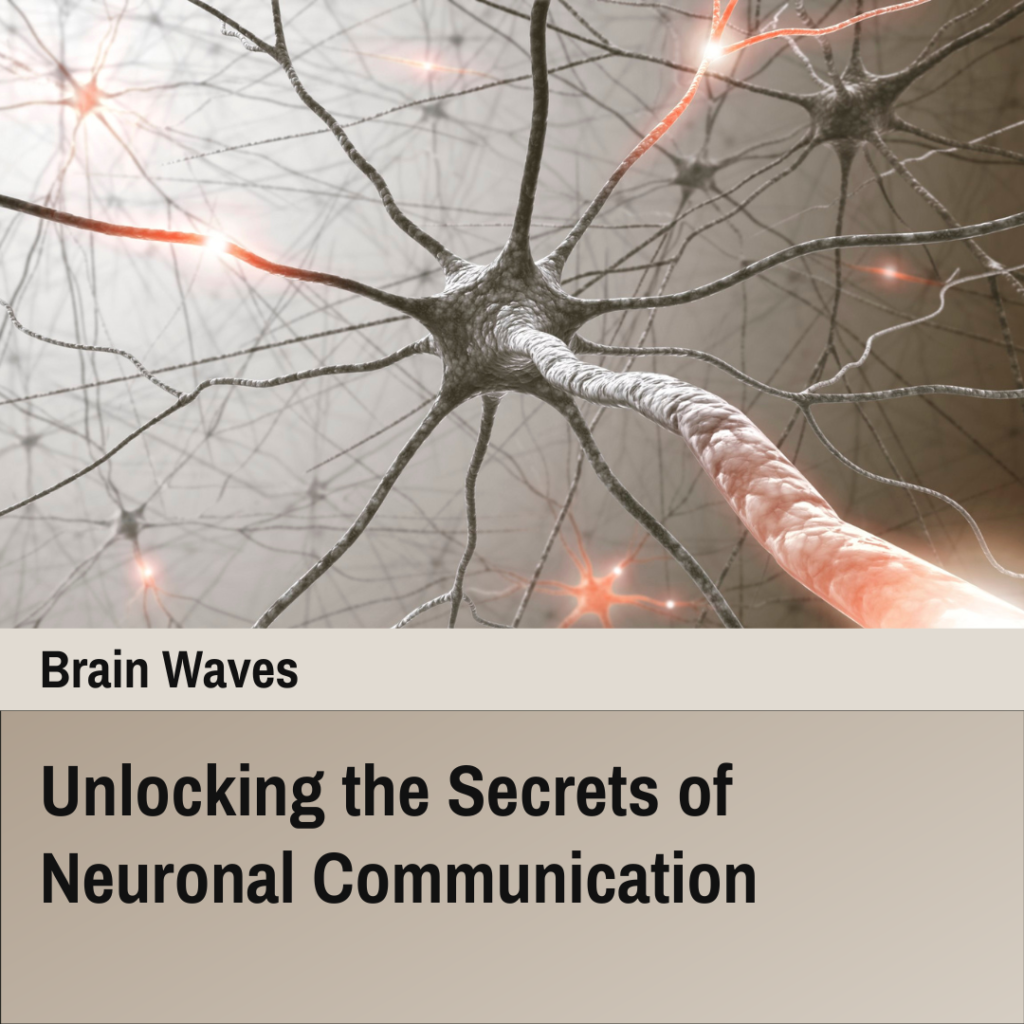Neurons and Their Role in Communication
Introduction
Neurons are the fundamental units of the nervous system responsible for transmitting information throughout the body. They play a critical role in everything from basic reflexes to complex cognitive processes. Understanding how neurons function and communicate is essential for comprehending the broader workings of the nervous system.

Structure of Neurons
Neurons consist of three main parts: the cell body, dendrites, and axon.
| Part | Function |
|---|---|
| Cell Body | Contains the nucleus and organelles; integrates incoming signals. |
| Dendrites | Receive signals from other neurons. |
| Axon | Transmits signals to other neurons, muscles, or glands. |
Types of Neurons
Sensory Neurons
Transmit sensory information from receptors to the CNS.
Motor Neurons
Transmit signals from the CNS to muscles and glands.
Interneurons
Connect neurons within the CNS and integrate information.
Synaptic Transmission
Process of Synaptic Transmission
Synaptic transmission is the process by which neurons communicate with each other through chemical signals. When an electrical impulse reaches the end of an axon, it triggers the release of neurotransmitters into the synaptic cleft. These chemicals then bind to receptors on the receiving neuron, initiating a new electrical impulse.
Role of Neurotransmitters
Neurotransmitters are crucial for synaptic transmission. They include chemicals like dopamine, serotonin, acetylcholine, GABA, and glutamate, each playing specific roles in regulating mood, motor control, memory, and other functions.
Neurons and Neural Communication
Electrical Signaling
Neurons communicate through electrical impulses called action potentials. These impulses travel down the axon to the synaptic terminals.
Chemical Signaling
Once the electrical impulse reaches the synaptic terminal, it triggers the release of neurotransmitters, which then cross the synaptic cleft and bind to receptors on the next neuron.
Structure of a Neuron
| Part | Description |
|---|---|
| Cell Body (Soma) | Contains the nucleus and metabolic center of the neuron. |
| Dendrites | Branch-like structures that receive messages from other neurons. |
| Axon | Long, slender projection that conducts electrical impulses away from the cell body. |
| Myelin Sheath | Insulating layer around the axon that speeds up signal transmission. |
| Nodes of Ranvier | Gaps in the myelin sheath that facilitate rapid conduction of nerve impulses. |
| Axon Terminals | Ends of the axon that release neurotransmitters into the synapse. |
| Synapse | Junction between two neurons where neurotransmitters are released. |
Common Disorders Related to Neuron Function
Neurological Disorders
- Multiple Sclerosis: Damage to the myelin sheath leading to disrupted neural communication.
- Parkinson’s Disease: Degeneration of neurons in the brain that produce dopamine.
- Epilepsy: Abnormal electrical activity in the brain causing seizures.
Symptoms and Treatments
Symptoms vary depending on the disorder but can include muscle weakness, tremors, seizures, and cognitive impairments. Treatments may involve medications, physical therapy, and in some cases, surgery.
FAQs
What are neurons?
Neurons are the basic building blocks of the nervous system responsible for transmitting information throughout the body. They consist of a cell body, dendrites, and an axon.
How do neurons communicate?
Neurons communicate through electrical impulses (action potentials) and chemical signals (neurotransmitters). Electrical impulses travel down the axon, triggering the release of neurotransmitters into the synapse, where they bind to receptors on the next neuron.
What role do neurotransmitters play in neuron communication?
Neurotransmitters are chemicals released by neurons that transmit signals across the synaptic cleft to receptors on another neuron, muscle, or gland. They play key roles in regulating various functions, including mood, motor control, and memory.
What happens when neuron function is disrupted?
Disruptions in neuron function can lead to neurological disorders such as multiple sclerosis, Parkinson’s disease, and epilepsy. These conditions can cause a range of symptoms, including muscle weakness, tremors, seizures, and cognitive impairments.

